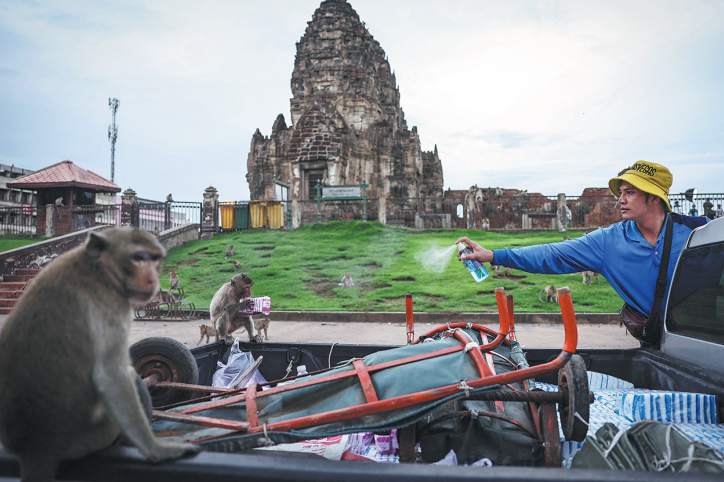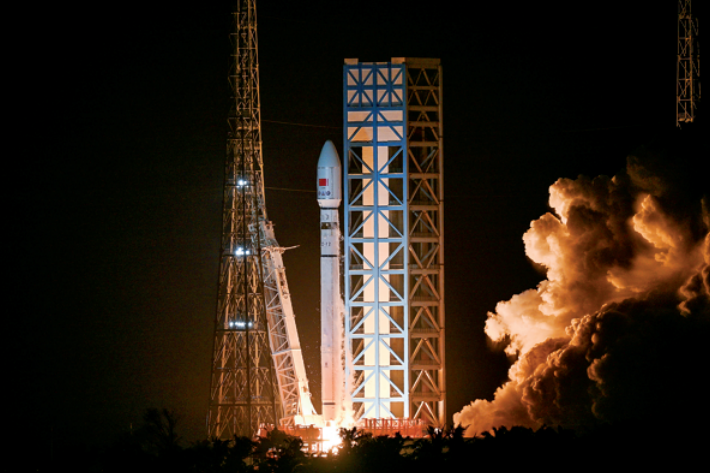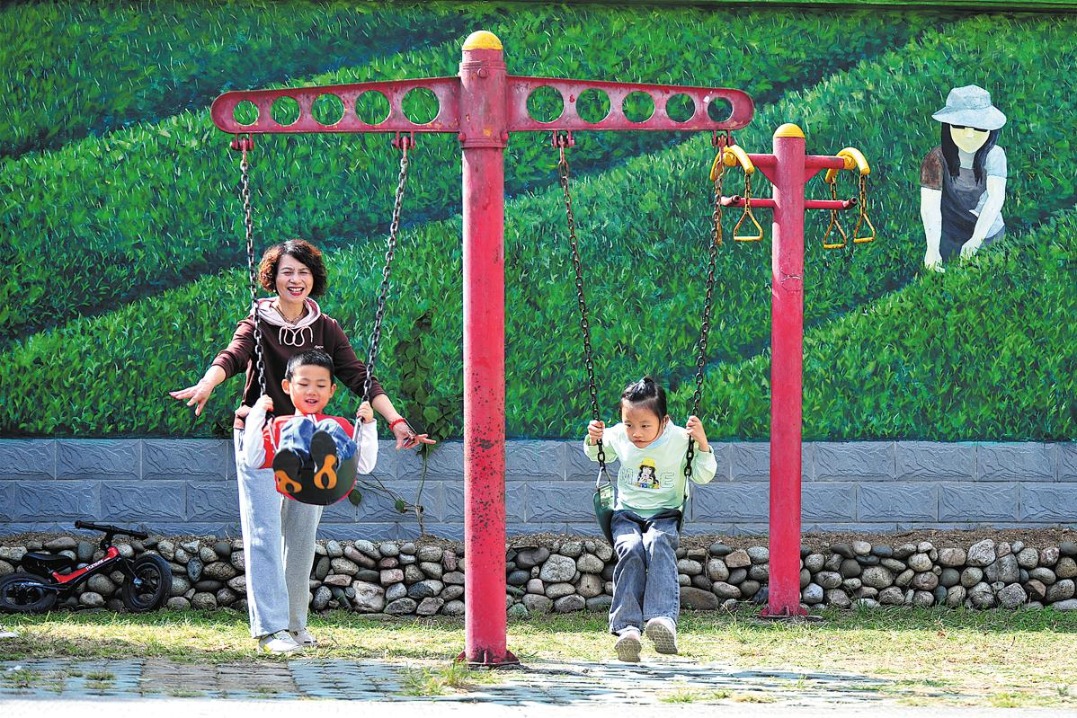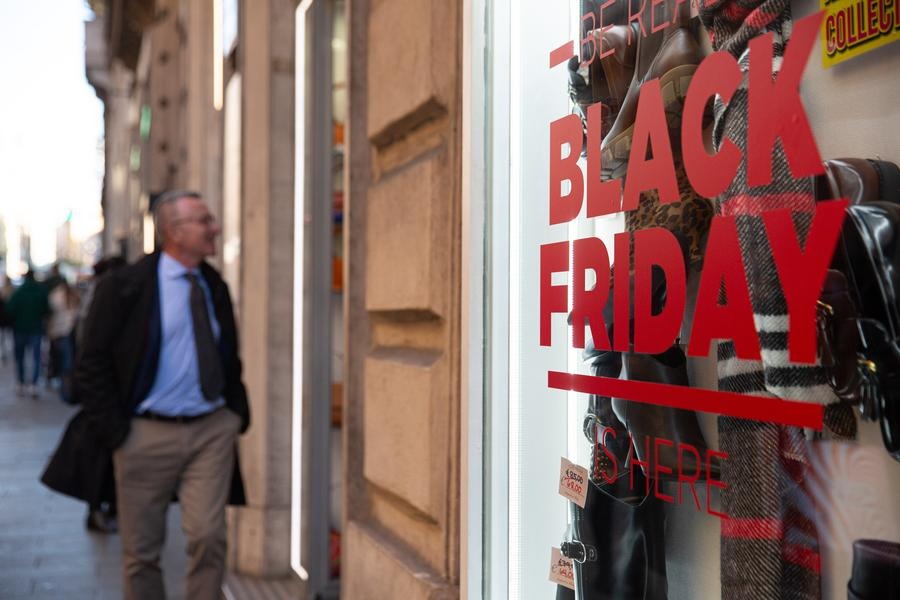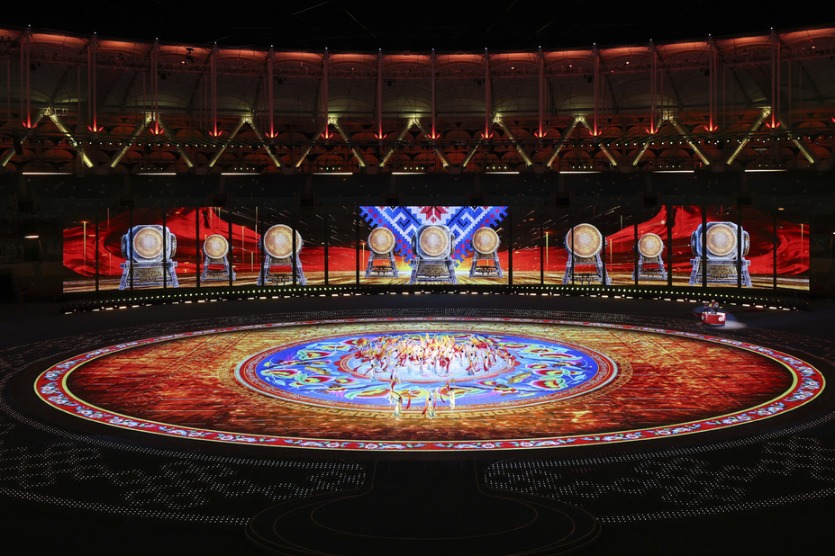No 'specific agenda,' but Trump, Putin have lots to discuss
Updated: 2017-07-05 08:59
 |
| Russian President Vladimir Putin attends a news conference at the Kremlin in Moscow, Russia, on January 17, 2017 and US President Donald Trump seen at a reception ceremony in Riyadh, Saudi Arabia, on May 20, 2017, as seen in this combination photo. [Photo/Agencies] |
Ahead of the bilateral meeting, White House National Security Council and State Department officials have been reviewing possible gestures the US could offer Russia as part of the meeting, a current and a former administration official said. They weren't authorized to comment publicly and requested anonymity.
Yet any outward sign of bonhomie between Trump and Putin would be immediately seized upon by the president's critics and Russia hawks eager to show he's cozying up to the Russian leader. The ongoing investigations into Russia's interference in the US election and potential Trump campaign collusion won't be far from anyone's minds.
The two leaders will sit down in Hamburg, Germany, on the sidelines of a Group of 20 summit of leading rich and developing nations. Ahead of the meeting, Russian Ambassador Sergey Kislyak met Monday in Washington with the No 3 US diplomat, Thomas Shannon, to prepare.
A look at what Trump and Putin could address:
ELECTION HACKING
Trump has been reluctant to publicly and directly acknowledge Russia's role in meddling in the US election, out of apparent concern it undermines the legitimacy of his win. He's also insisted there was no collusion with him or his campaign, a conclusion that US investigators have not yet reached.
US officials says Russia tried to hack election systems in 21 states and to sway the election for Trump, a level of interference in the US political system that security experts say represents a top-level threat that should command a forceful response from the US Putin has denied all this.
There are no indications Trump plans to raise Russia's meddling at the meeting. Yet if he doesn't, it will give fuel to Trump's critics who say he's blatantly ignoring a major national security threat. It could also embolden those who say Trump is trying to cover for the Russians after benefiting from their interference.
IRRITANTSEach side has a long list of complaints about the other that do not rise to the geopolitical level but are nonetheless impeding broader attempts to coordinate or cooperate on larger concerns. After meeting in Moscow earlier this year, Secretary of State Rex Tillerson and Russian Foreign Minister Sergey Lavrov agreed to set up a mechanism to deal with these issues the Russians describe as "irritants" and the Americans call "the smalls."But even that effort has stalled. After the Treasury last month imposed new sanctions on Russia for its intervention in Ukraine, Moscow called off a scheduled second meeting between Thomas Shannon, the US undersecretary of state for political affairs, and Sergey Ryabkov, a Russian deputy foreign minister. Shannon and Ryabkov's canceled June 23 meeting in St. Petersburg has yet to be rescheduled.
It was not clear if either Trump or Putin would seek to reopen the channel when they see each other in Hamburg, although Tillerson and other State Department officials have taken pains to stress that they remain open to a resumption of the talks.
RUSSIA'S WISH LISTRussia has been especially vocal about its chief demand: the return of two properties it owns in the US that were seized by the Obama administration as punishment for Russian meddling in the 2016 election. The recreational compounds are located in Oyster Bay, New York, on Long Island, and along the Corsica River in the Eastern Shore region of MarylandOn Monday, Putin's foreign affairs adviser, Yuri Ushakov, said Russia had been remarkably restrained by declining to retaliate but that its patience was running out. If the US doesn't soon give back the compounds, also known as dachas, Moscow will have no choice but to retaliate, Ushakov said.
Another Russian demand is to ease surveillance of its diplomats in the US





